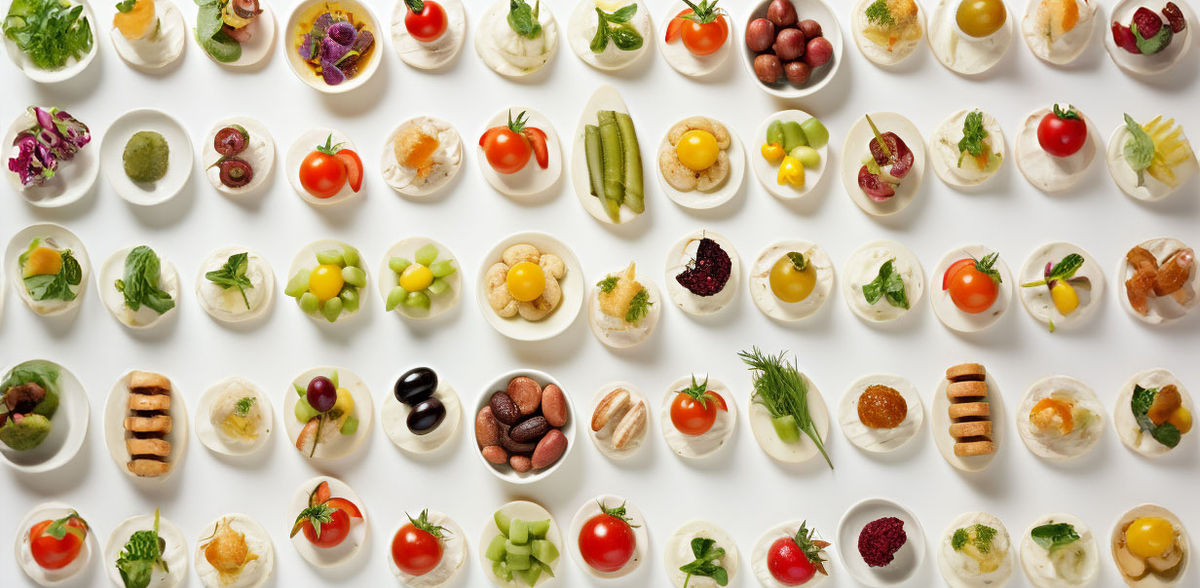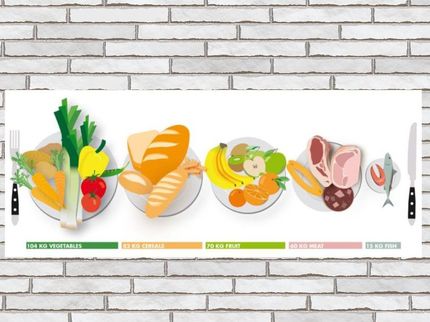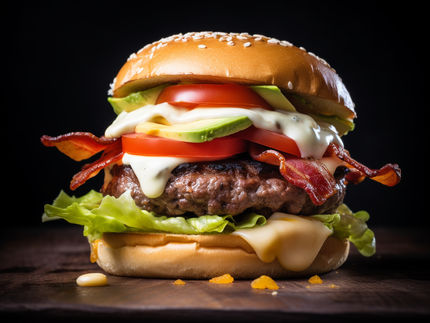Is snacking bad for your health?
It depends on what and when you eat
Snacking is becoming increasingly popular, with more than 70% of people reporting they snack at least twice a day. In a new study involving more than 1,000 people, researchers examined whether snacking affects health and if the quality of snack foods matters.

symbolic picture
computer generated picture
“Our study showed that the quality of snacking is more important than the quantity or frequency of snacking, thus choosing high quality snacks over highly processed snacks is likely beneficial,” said Kate Bermingham, PhD, a postdoctoral fellow at King's College London. “Timing is also important, with late night snacking being unfavorable for health.”
Bermingham will present the findings at NUTRITION 2023, the annual flagship meeting of the American Society for Nutrition held July 22-25 in Boston.
The work is part of the ZOE PREDICT project, a group of large in-depth nutritional research studies designed to uncover how and why people respond differently to the same foods.
“Surprisingly little has been published on snacking, despite the fact that it accounts for 20-25% of energy intake,” said Bermingham. “PREDICT followed a large number of people and captured detailed information on their snacking behaviors, allowing this in-depth exploration of snacking on health.”
Using data from just over 1,000 people in the United Kingdom who participated in the ZOE PREDICT 1 study, the researchers examined the relationship between snacking quantity, quality, and timing with blood fats and insulin levels, which are both indicators of cardiometabolic health.
The analysis showed that snacking on higher quality foods — foods that contain significant amounts of nutrients relative to the calories they provide — was associated with better blood fat and insulin responses. The researchers also observed that late-evening snacking, which lengthens eating windows and shortens the overnight fasting period, was associated with unfavorable blood glucose and lipid levels. There was no association between snacking frequency, calories consumed, and food quantity with any of the health measures analyzed.
“We observed only weak relationships between snack quality and the remainder of the diet, which highlights snacking as an independent modifiable dietary feature that could be targeted to improve health,” said Bermingham.
Most read news
Organizations
Other news from the department science

Get the food & beverage industry in your inbox
By submitting this form you agree that LUMITOS AG will send you the newsletter(s) selected above by email. Your data will not be passed on to third parties. Your data will be stored and processed in accordance with our data protection regulations. LUMITOS may contact you by email for the purpose of advertising or market and opinion surveys. You can revoke your consent at any time without giving reasons to LUMITOS AG, Ernst-Augustin-Str. 2, 12489 Berlin, Germany or by e-mail at revoke@lumitos.com with effect for the future. In addition, each email contains a link to unsubscribe from the corresponding newsletter.





























































